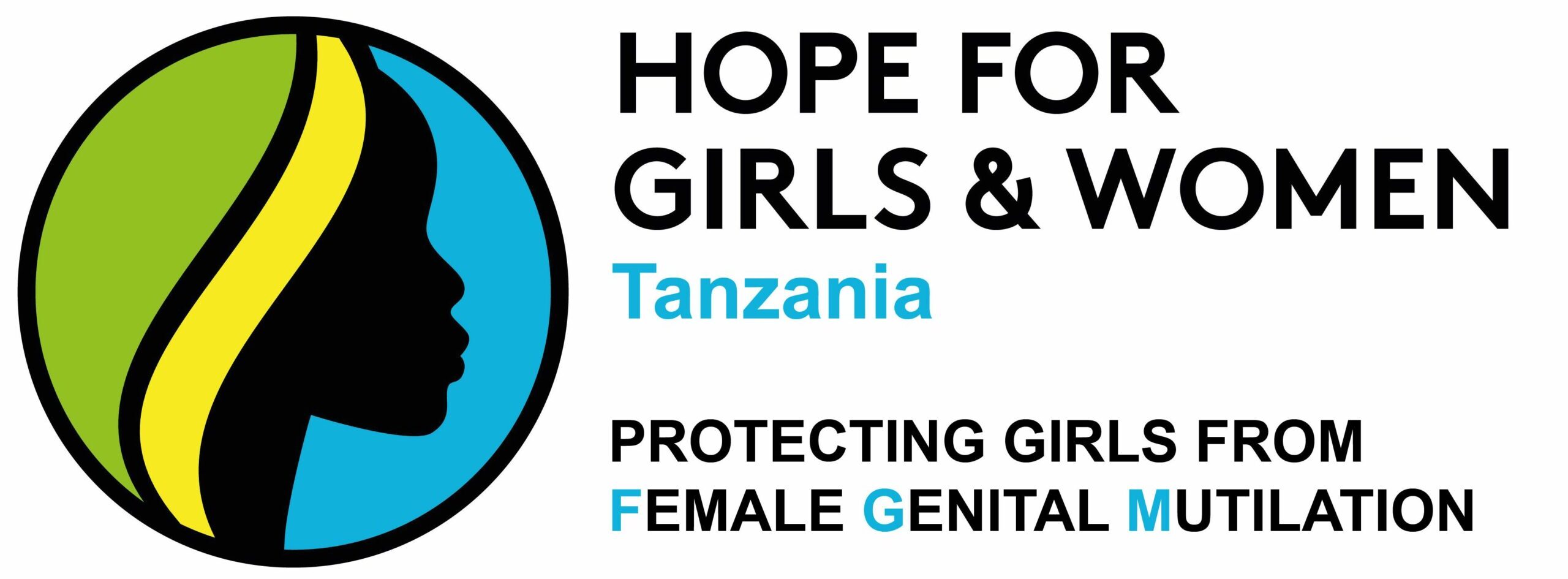On November 16, Crowd2Map founder Janet Chapman and Hope founder Rhobi Samwelly, discussed how they use mapping tools to rescue girls at risk of female genital mutilation (FGM) in rural Tanzania during the How Mapping Can Protect Girls from FGM virtual event.

in Northern Tanzania
Tanzania has been a quiet champion against FGM since its independence and criminalised the practice in 1998. But despite its unwarranted health risks, some families – particularly in remote, rural communities – still force girls to undergo FGM to secure higher dowries and align with cultural practices.
FGM cases particularly accrue during the school holidays, otherwise known as “cutting seasons.” Rhobi mentioned that forty-one girls were rescued during the day of their webinar alone, and two girls were in the process of being rescued by local officials. The team expects to rescue around 350 girls in December based on their intel from educators, community programs, and local activists.
Hope runs two safe houses in Mugumu and Butiama to harbor girls at risk, while also conducting outreach, re-educating families, and supporting prosecutions against gender-based violence. Rhobi estimated that teams are currently supporting around 20 prosecutions, primarily with families and cutters.
Mapping has been a critical step towards fully combatting FGM. Since these FGM cases occur in unmapped regions of Tanzania, local officials are forced to drive through unmarked roads during the middle of the night to retrieve girls. Maps visualise their areas and enable officials to secure the safest routes for driving girls to safe houses.
For five years, Crowd2Map has been working to ensure that every village and person is counted. They now have a global team of around 14,000 online volunteers who map buildings and roads from satellite images. These maps are then shared through a collaborative geodata platform called OpenStreetMap. Janet and Rhobi have also facilitated Youthmappers groups in eight universities across Tanzania.
In addition, Crowd2Map and Hope have trained local volunteers on the ground with funding from WomenConnect. A woman in each of 87 villages was trained on how to use a smartphone, map their village, and use open-source data collection (ODK) to report gender based violence for authorities in their district. These Digital Champions have continued to be a force for change. They provide the locations of victims, monitor case reports, and follow up with girls after being returned to safer environments. With ODK, Digital Champions can securely submit forms offline and easily visualise data. Anyone interested can read about their work with the University of Nottingham.
When “cutting seasons” end, Hope coordinates with local police to meet the families of girls staying at the safe house. They strive for a period of reconciliation and request parents to sign an affidavit ensuring an environment free from gender-based violence. If families refuse to sign, Hope continues to support the girls in the safe house and encourage them to attend a nearby school.
During the webinar, Crowd2Map and Hope recounted other pertinent initiatives. Rhobi described her speech at the UN General Assembly and the launch of UNFPA’s annual report Against My Will about defying practices that harm women. She also mentioned her interview with BBC World Service. Teams are also working to standardise health centers’ response to FGM by providing guidance on how practitioners discuss FGM with a girl’s parents. They also explained their efforts towards providing girls with education, since many girls face profound difficulties in attending secondary school.
Watch the full webinar recording here:
It is always inspiring to hear about Janet and Rhobi’s work to empower and elevate girls at risk. For anyone interested in being a part of the mapping community, Janet and Rhobi recommend visiting the Crowd2Map website. Anyone linked to a university is suggested to visit the Youthmappers website to create a group of mappers against FGM. You can also visit the StoryMap article to learn more.
